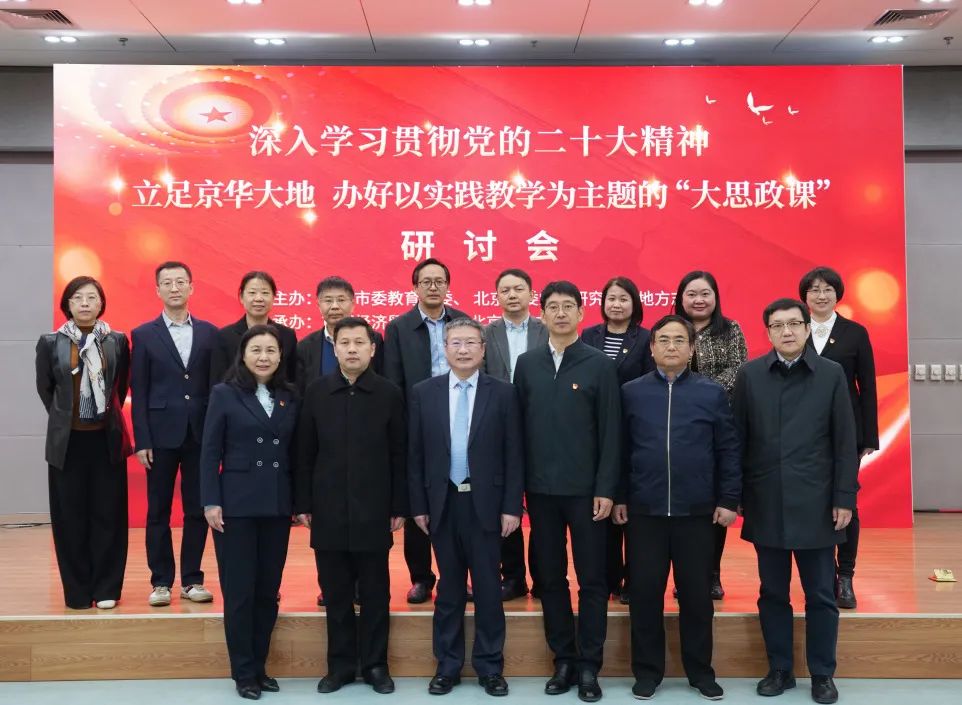Serving Beijing with Broader Ideological and Political Education Based on Practical Teaching
On March 22, the seminar, themed “Implementing the 20th National People's Congress (NPC) spirits and Serving Beijing with Broader Ideological and Political Education Based on Practical Teaching”, was held in Beijing Local Chronicles Museum (BLCM) on the occasion of the 4th anniversary of High-level Symposium for Teachers of Ideology and Politics. The seminar, aiming to implement the Work Plan for Promoting Broader Ideological and Political Education (short for the “Education”) stated by Ministry of Education (MOE) and other 9 Ministries and Commissions, was co-hosted by Beijing Municipal Education Commission (BMEC), Party History Research Center (PHRC) of Beijing Municipal Committee (BMC) of the Communist Party of China (CPC) and Beijing Local Records Office (BLRO) and organized by CUEB and BLCM.
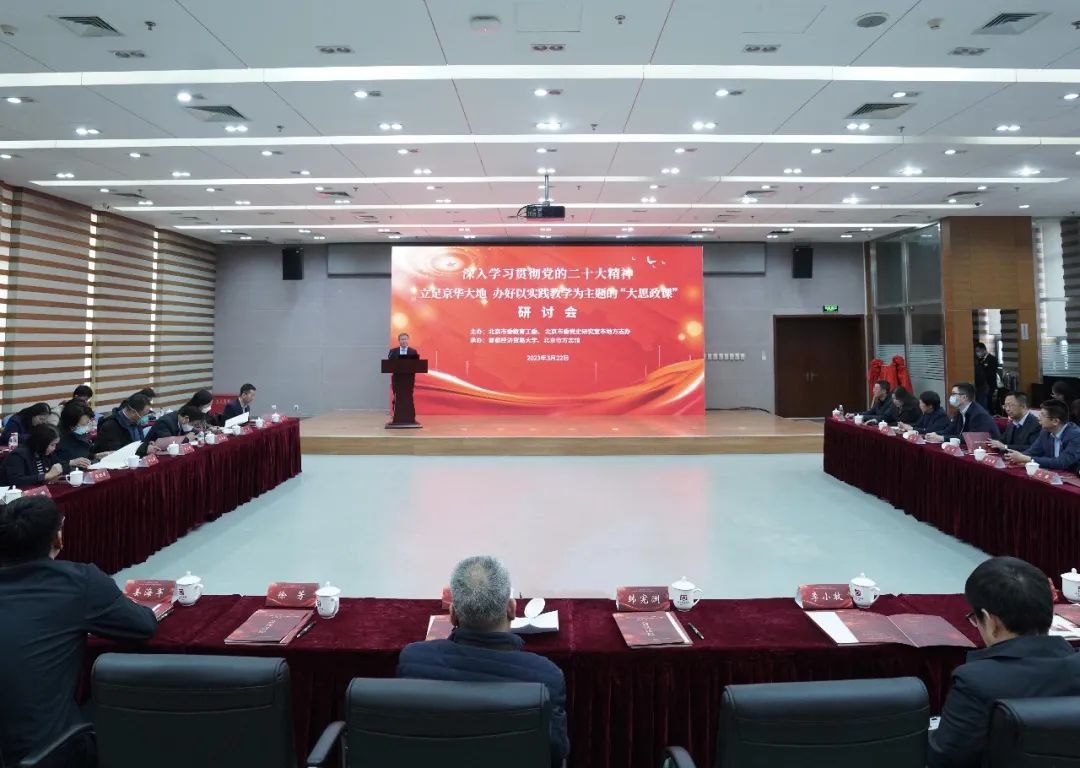
Shen Qianfan, Deputy Secretary of BMEC, Li Liang, Chief of PHRC and BLRO, Han Xianzhou, Party Secretary of CUEB, Li Xiaomu, Vice President of CUEB, Jiang Haijun, Second Inspector of PHRC and BLRO, Kou Hongjiang, Director of Propaganda and Education Department of BMEC, and Liu Zongyong, Director of BLCM, attended the opening ceremony. Xu Fang, Deputy Party Secretary of CUEB, presided over it.
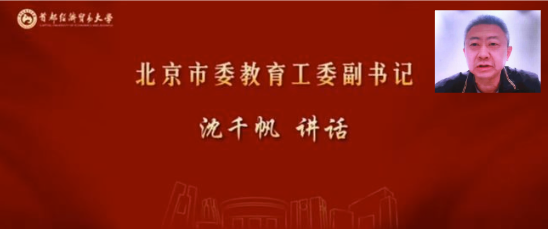
According to Shen, this seminar is to further deepen MOE's comprehensive reform of the Curriculum-Based Broader Ideological and Political Education and the guiding spirits of Beijing Municipal Leading Group for Education. Its goal is to enhance the student's confidence in the path, theory, system, and culture of socialism with Chinese characteristics by presenting the culture and growth of Beijing, especially the progress made over the last decade in the new era. Since the 18th NPC, Beijing has witnessed historic changes in transformations under General Secretary Xi Jinping’s scientific guidance. These practices demonstrate the scientific nature of Xi Jinping Thought on Socialism with Chinese Characteristics for a New Era and help students to know how Marxism can be adapted to Chinese context and to the needs of the times. Accordingly, we need to leverage current practices and explore new ones, making them a booster to foster virtues through education.
Shen emphasized that CUEB and BLCM must further cooperate to build the Practical Education Base of BLCM and solve the critical problems in the reform. We must draw on successful practices of Beijing and fully understand Xi Jinping Thought on Socialism with Chinese Characteristics for a New Era, thus instilling our efforts into the comprehensive reform of the “Broader Ideological and Political Education” in Beijing.
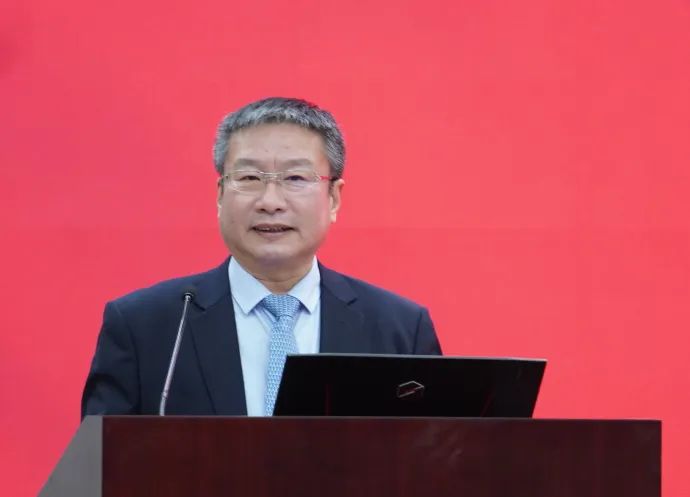
Han Xianzhou remarked that the Party Committee of CUEB has highly prioritized the work of School of Marxism Studies in discipline building of Marxist theory and ideological and political education and teaching reform as we always champion the fundamental task of building up moral character and fostering people. Committed to applying Broader Ideological and Political Education to personnel cultivation, we strive for a holistic and systematic educational mechanism that features broader reform and successful practices. By doing so, CUEB can enhance students' theoretical foundation, ideological consciousness and critical thinking.
Han mentioned that CUEB has made efforts to strengthen top-level design, promote ideological and political courses, and execute new educational patterns. Through these, CUEB has integrated the core of “Broader Ideological and Political Education” with CUEB characteristics into students' ideological and political courses, curriculum-based ideological and political construction, and daily ideological and political education. Going forward, CUEB will take this cooperation to systemize the long-term effective mechanism in fostering virtues through education and to improve teaching practices in ideological and political courses under the guidance of BMC and Beijing Government.
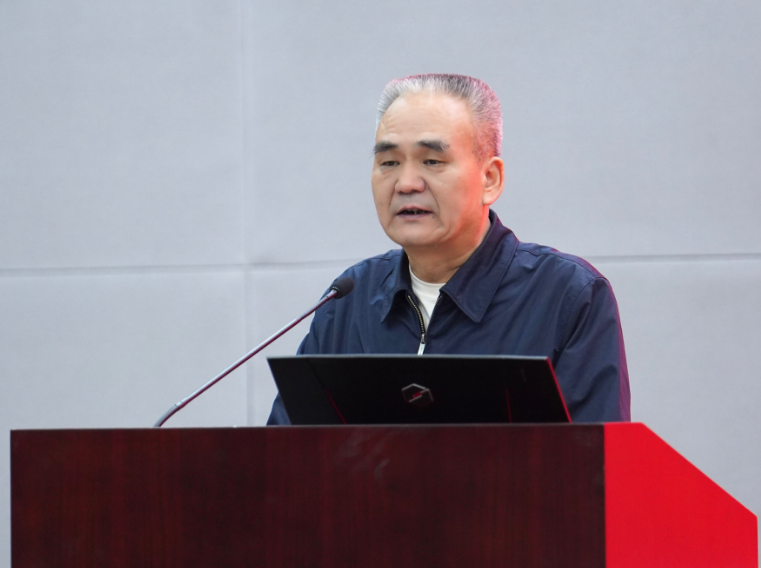
Li Liang said that PHRC and BLRO are designated to explore, present and inherit the value of Party history and cultures and have the mission to lead teenagers to champion the capital, country and Party. To this end, PHRC and BLRO have put more efforts into exploring Party history and local records, and making high-quality programs and works.
He believed that deeper cooperations with universities in Beijing will help PHRC and BLRO better learn from history and assist the government in educating people, thus boosting the construction of national cultural center.
He hopes to take this signing ceremony as an opportunity to further strengthen communication among PHRC, BLRO, and universities, leverage each other’s strengths , and jointly dig deeper historical and cultural resources of Beijing as high-quality “textbooks”, “nutrition” and “dose of sobriety”. The goal is to activate the characters written in the old records and ancient books and the memory contained in the revolutionary cultural relics and transform them into rich resources to teach Broader Ideological and Political Education well.
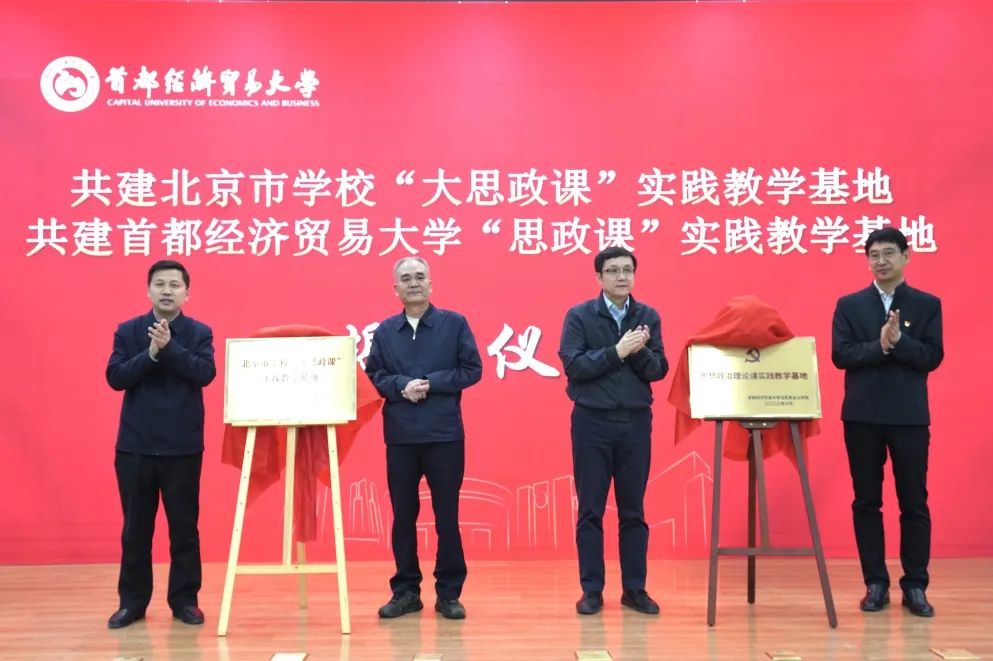
Kou Hongjiang and Li Liang unveil Broader Ideological and Political Education Base in colleges and universities in Beijing. (left)
Li Xiaomu and Jiang Haijun unveil Ideological and Political Theory Course Practical Education Base at CUEB. (right)
Kou Hongjiang, Li Liang, Li Xiaomu, and Jiang Haijun unveil the Practice Base.
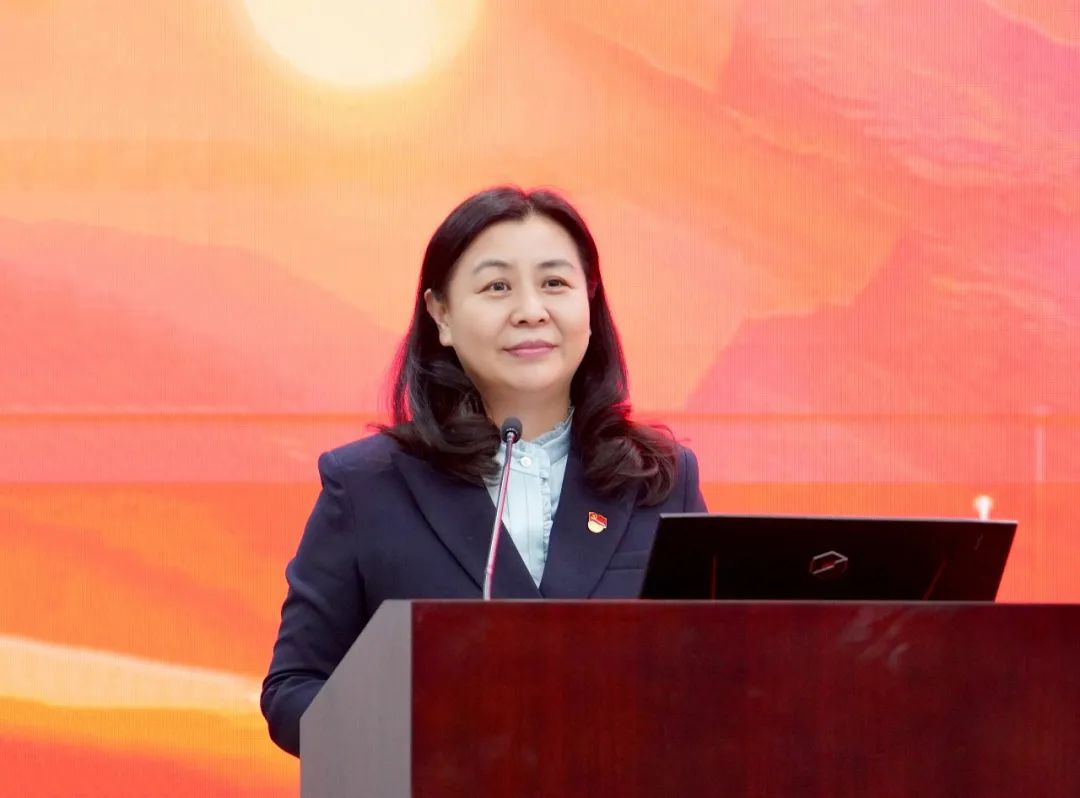
Xu Fang, Deputy Secretary of the Party Committee of CUEB, presides over the meeting.
During the seminar, representatives from Tsinghua University (THU), University of Science and Technology Beijing (USTB), Capital Normal University (CNU), BLCM and CUEB had full communication. Wang Yin, General Secretary of the Party Branch of the Marxism Studies, presided over the seminar.
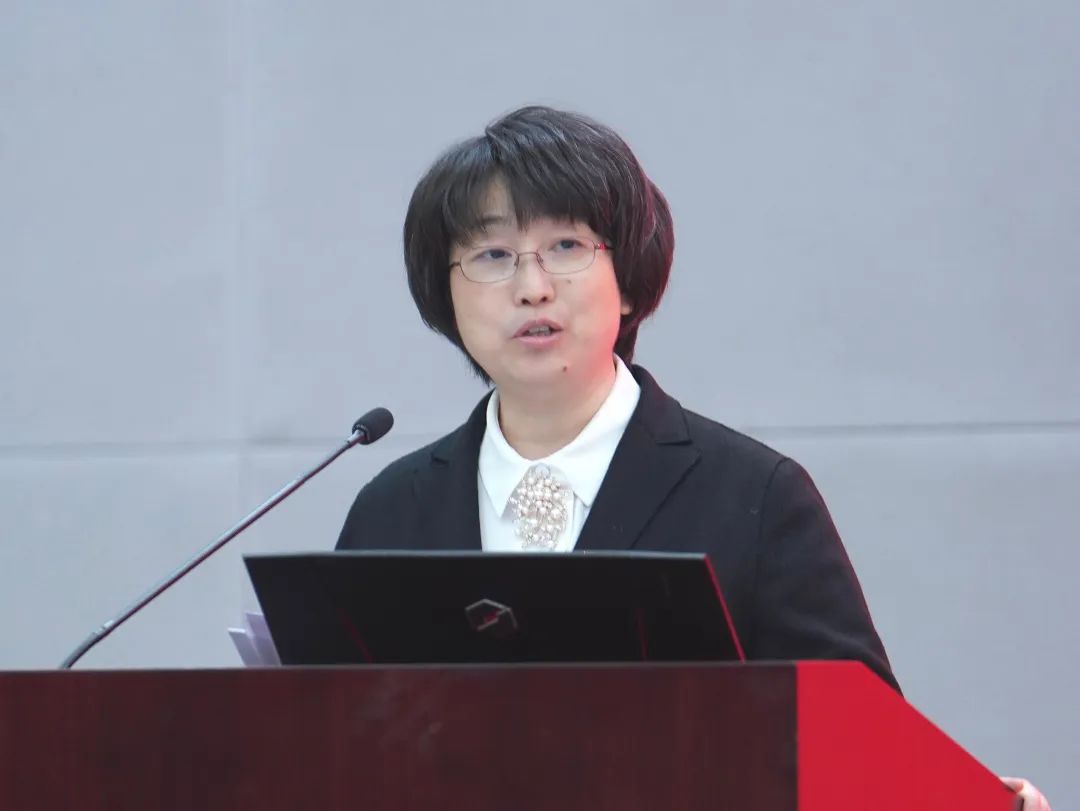
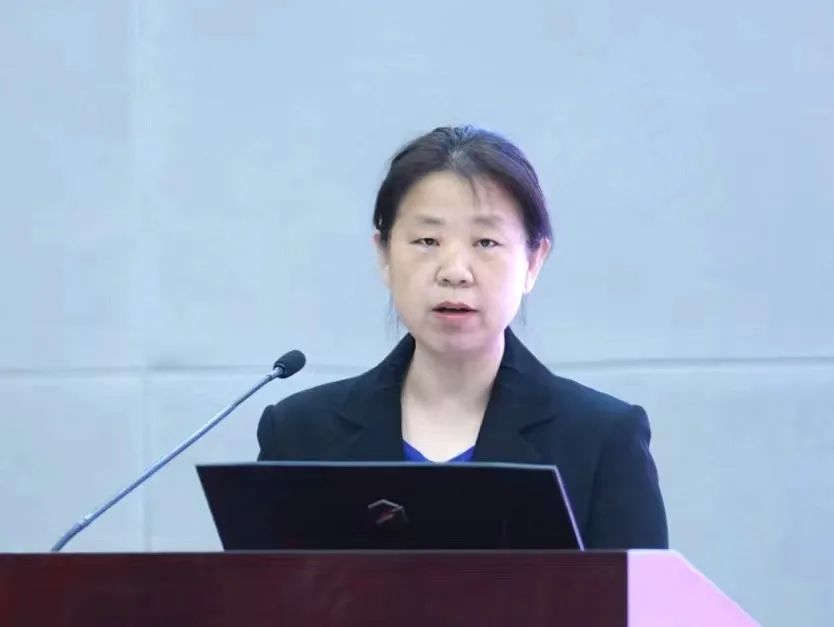
Zhou Yuhong, Dean of the School of Marxism Studies, in his speech titled “Adhering to Three-sphere Integration in Joint Efforts to Conduct Broader Ideological and Political Education”, introduced that based on the achievements in the new era and the development of Beijing, CUEB has upheld “Three-sphere Integration” (refers to the integration of history and reality, theory and practice, the leading role of teachers and the principal role of students), employed various resources in joint efforts to carry out the “Education” , thus bringing forth encouraging achievements.
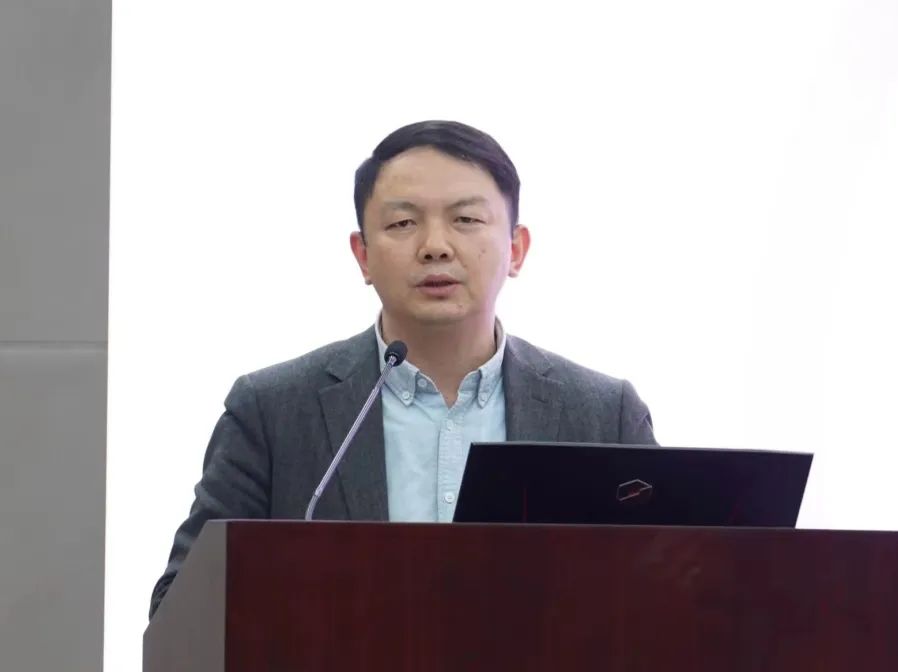
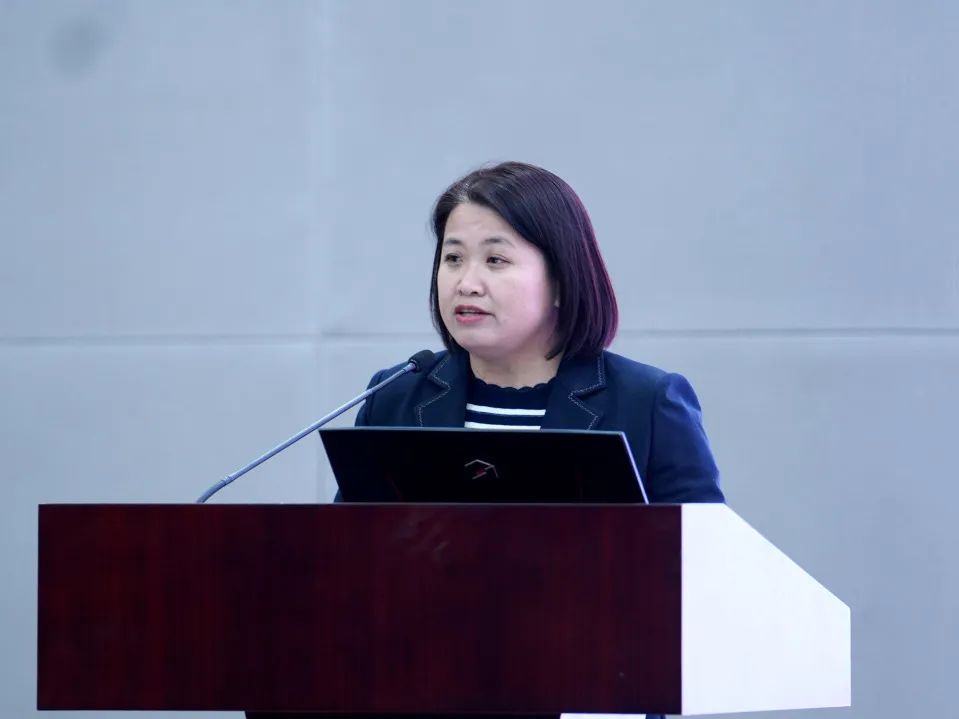
Zhu Andong, Dean of the School of Marxism of THU, shared his understanding about the “Ideological and Political Education” and THU’s efforts in three aspects: building the “four-level linkage” (university-offices-departments-teachers) working system from the construction of ideological and political theory courses, improving the coordination mechanism and building the pattern of “Broader Ideological and Political Education”, establishing ideological and practical courses, including “An Introduction to Xi Jinping Thought on Socialism with Chinese Characteristics for a New Era” and “Innovative Ideological and Political Practice”.
Duan Xiaofang, Professor of the School of Marxism of USTB, shared “USTB model” of the construction of ideological and political practical education that improves the effectiveness of courses from three aspects: building a general pattern of practical education from a high position, forming a new model of “four-dimensional connectivity” (which means classroom, campus, social, and online practice) in a systematic way, coordinating these efforts with high standard.
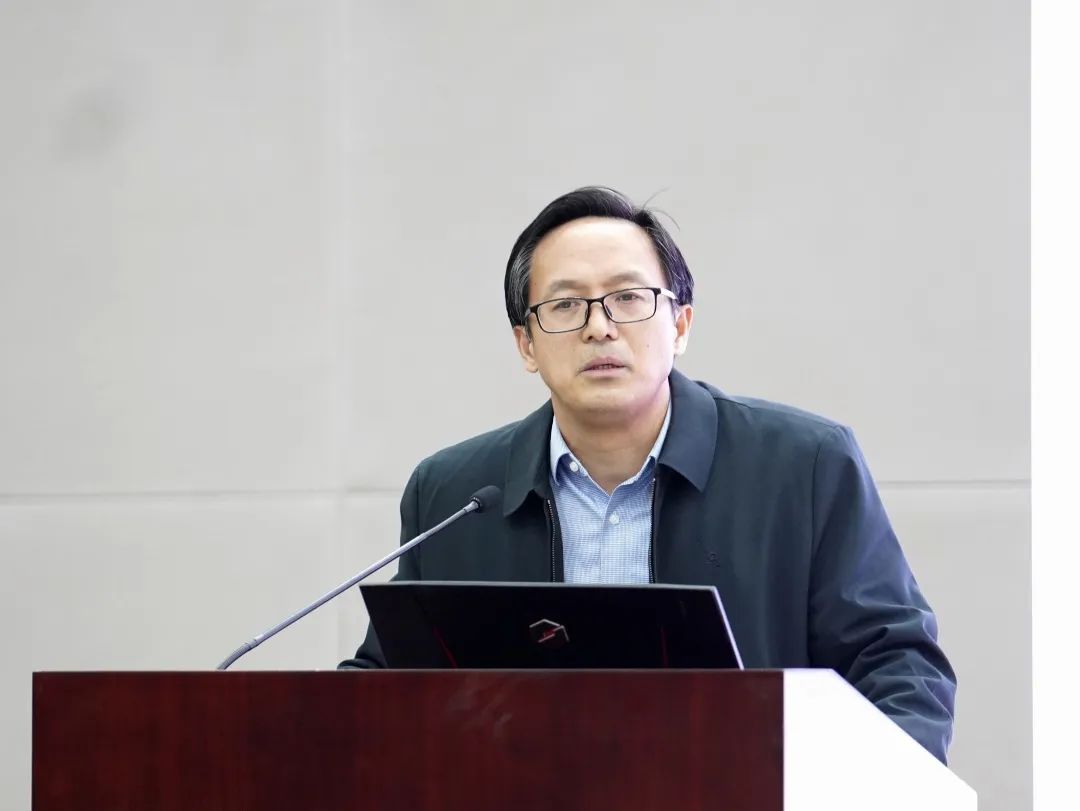

Shen Yongfu, Dean of the Marxism Studies of CNU, introduced the exploration of ideological and political courses with sincerity and diligence. Teachers have integrated practice with teaching plans and platforms. CNU has encouraged teachers and students to put “ideological and political courses” into practice, conducted “Broader Ideological and Political Education” and built systematic courses in universities, as well as in middle and primary schools.
Liu Zongyong, Director of BLCM, introduced the significance of local chronical in traditional Chinese history and culture, the progress in compiling Beijing local chronical, and its contribution to constructing national cultural center. Liu put forward that BLCM must give full play to the role of local chronical in serving the capital as a cultural center.
Before the seminar, participants visited BLCM. More than 30 graduate students from the School of Marxism of CUEB also visited BLCM, a vivid process in practice education.
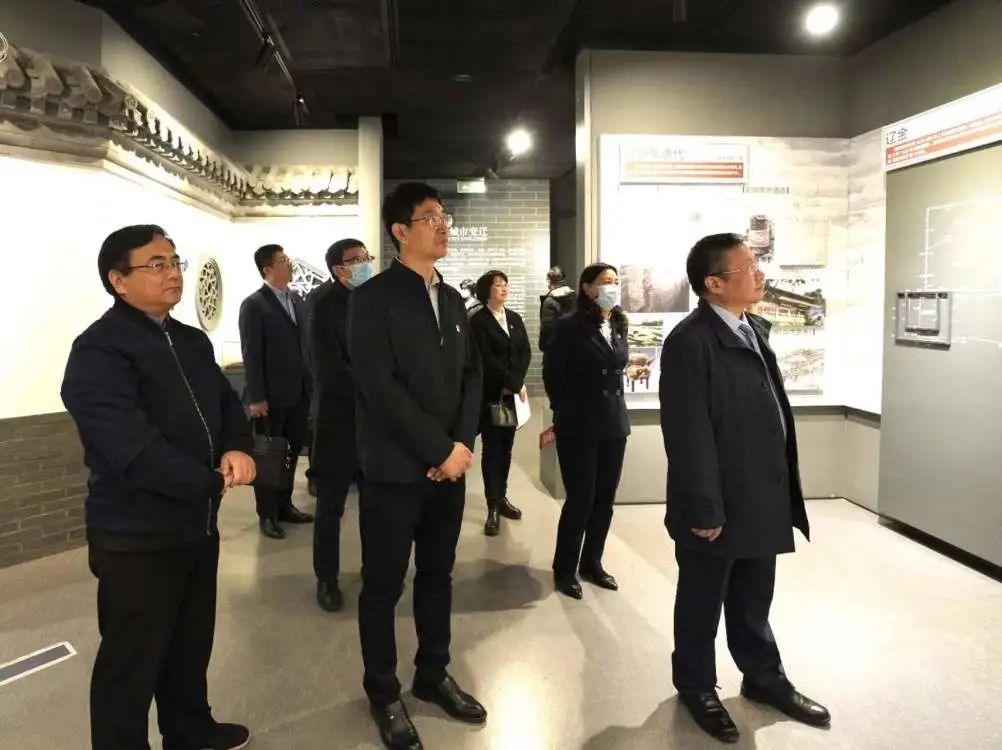
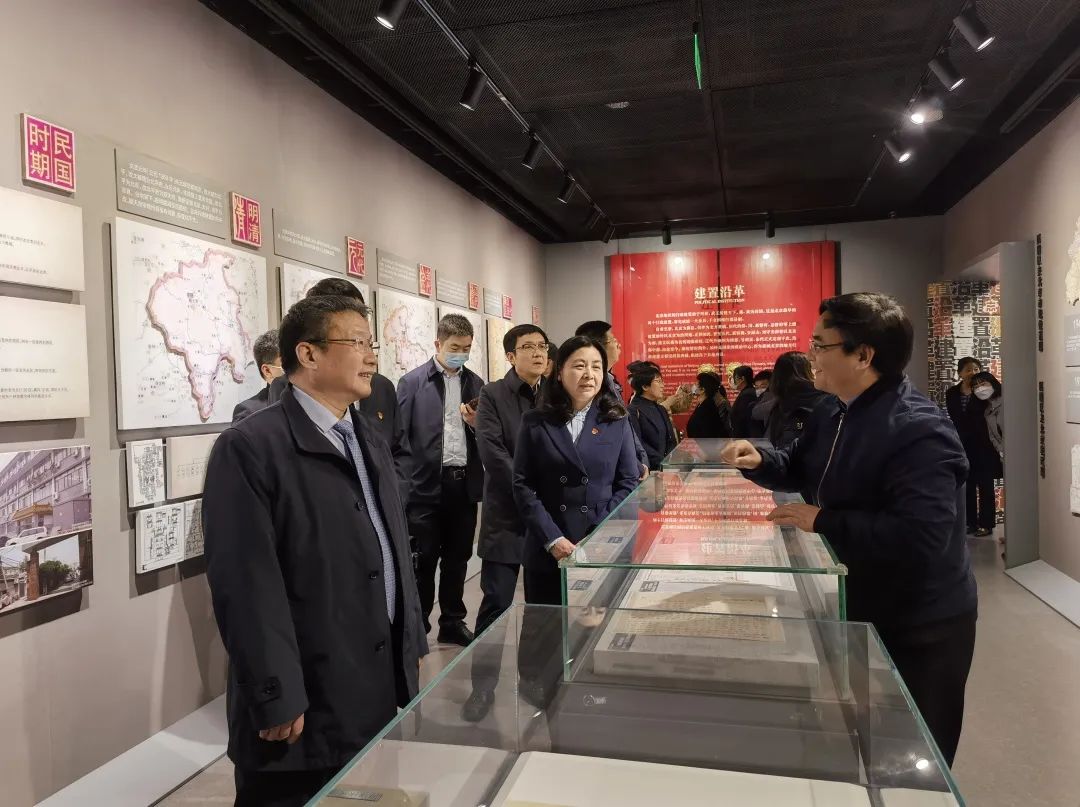
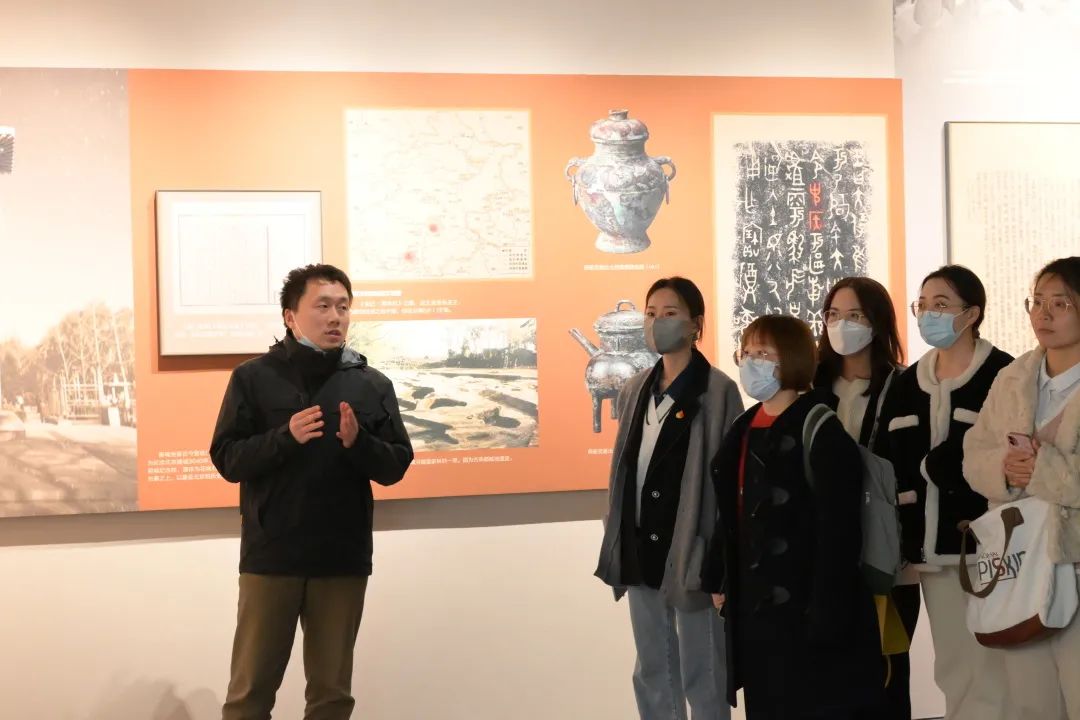
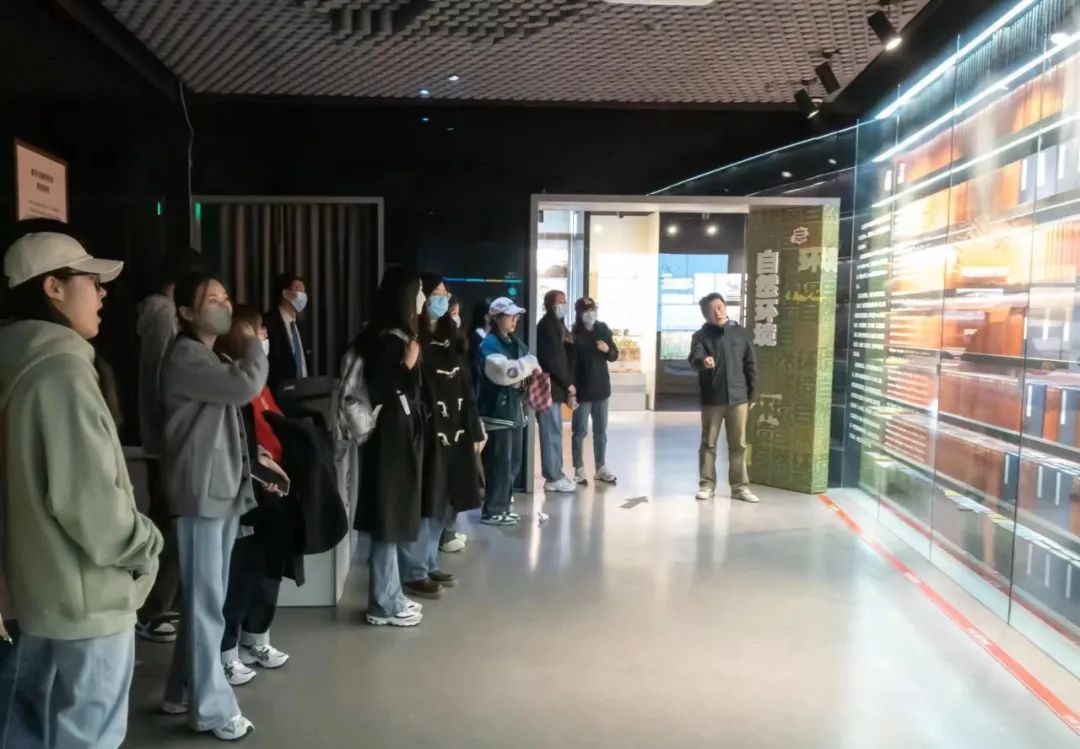
Experts and scholars from Tsinghua University, Beihang University, University of Science and Technology Beijing, Beijing Jiaotong University, Beijing University of Technology, Capital Normal University, Beijing Technology and Business University, Beijing Union University, Capital University of Physical Education and Sports and other universities attended the activity, as well as officials of relevant functional departments and representatives of teachers and students of Capital University of Economics and Business.
